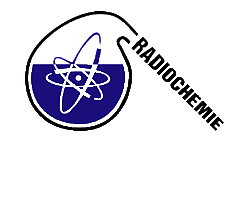Speaker
Keri Campbell
(University of Nevada Las Vegas)
Description
The ability to examine elemental and isotopic ratios of fuels, waste forms, and other solids by direct analysis using laser ablation techniques can greatly reduce analysis costs and time. This is particularly true for actinide elements, as they contain useful information of the fuel cycle and nuclear forensics. Current methods to evaluate the composition of used fuel include a lengthy process of digestion and separations [1]. These are often coupled with multiple analytical techniques and complex sample preparations to determine the elemental and isotopic composition. Furthermore all spatial information is lost during the digestion process, eliminating potentially useful data for detailed analysis. The goal of this work is to develop and optimize laser ablation inductively coupled mass spectrometry (LA-ICP-MS) and Laser Induced Breakdown Spectroscopy (LIBS) techniques for the analysis of and fuel, used fuel and waste forms. The materials synthesized for analysis consist of uranium, zirconium and lanthanides composition modeling the main oxide phase in used nuclear fuel [2]. In order to understand the behavior of the selected metal oxides in the LA-ICP-MS system materials will be prepared with concentrations of 0-100%. The main focus will be the examination of synthesized actinide oxide samples as well as uranium alloys. The project is composed of two tasks that will be discussed. The first task is to prepare and characterize actinide matrices and standards. The second task will be to develop methods for the analysis of actinide materials using LA-ICP-MS and LIBS evaluating each technique for: limit of detection, accuracy, and precision. Optimization of hardware and conditions to overcome technical issues of the systems will be discussed.
Primary author
Keri Campbell
(University of Nevada Las Vegas)
Co-author
Ken Czerwinski
(University of Nevada Las Vegas)

